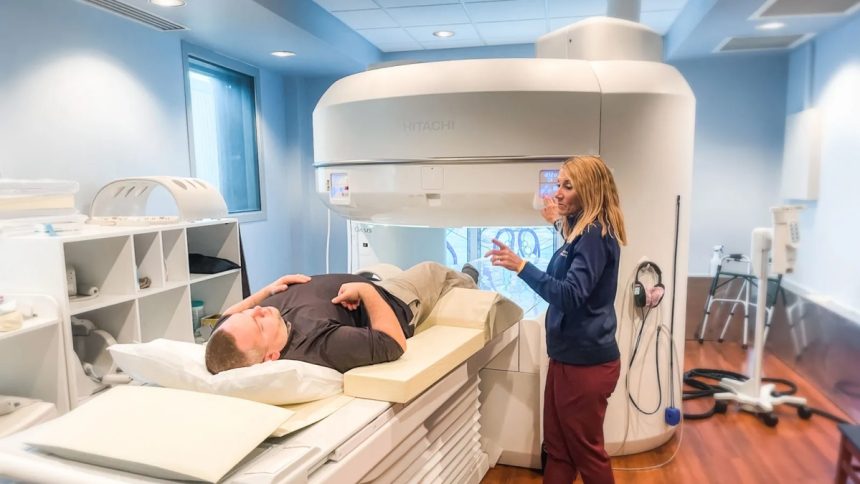Radiology plays a pivotal role in modern healthcare, particularly in the early detection and diagnosis of various conditions. By using advanced imaging techniques, medical professionals can identify diseases at their earliest stages, often before symptoms even appear. This proactive approach to health care significantly improves treatment outcomes, reduces complications, and enhances patients’ quality of life.
The Role of Radiology in Early Detection
Radiology encompasses a range of imaging techniques, including X-rays, CT scans, MRIs, and ultrasounds, to visualise the internal structures of the body. These tools allow physicians to detect abnormalities such as tumours, fractures, or organ dysfunction with precision and accuracy.
For instance, mammograms are widely used for early detection of breast cancer, identifying potential concerns before they develop into advanced stages. Similarly, low-dose CT scans for lung cancer screening have proven effective in reducing mortality rates by enabling timely interventions.
Benefits of Early Detection Through Radiology
Improved Survival Rates
Early detection often means that conditions can be treated before they progress. For diseases like cancer, diagnosing the problem at an initial stage significantly increases the chances of successful treatment. Studies show that survival rates for many cancers, including breast, lung, and colorectal cancer, are markedly higher when detected early through imaging.
Minimally Invasive Interventions
Early diagnosis often enables less aggressive treatment options. For example, a tumour identified early can sometimes be treated with targeted therapies or minor surgery rather than extensive procedures. This reduces the physical and emotional toll on patients while improving their overall prognosis.
Cost-Effective Healthcare
Detecting conditions early through radiology can lead to significant cost savings for both patients and healthcare systems. Addressing health issues in their initial stages typically requires fewer resources compared to managing advanced diseases, which often involve prolonged hospital stays and complex treatments.
The Importance of Routine Screenings
Routine imaging tests tailored to an individual’s risk factors are essential for early detection. For example:
- CT Scans: Effective for detecting lung cancer in high-risk populations, such as long-term smokers.
- Mammograms: Recommended for women over 40 to catch breast cancer in its earliest stages.
- DEXA Scans: Used to diagnose osteoporosis before fractures occur.
These screenings are particularly important for individuals with a family history of certain conditions or those in high-risk categories. Regular check-ups ensure that any abnormalities are identified promptly, leading to timely interventions.
Leveraging Advanced Imaging Techniques
The evolution of imaging technology has enhanced the diagnostic capabilities of radiology. Techniques like functional MRI (fMRI) not only capture structural images but also map brain activity, aiding in the diagnosis of neurological disorders. PET scans, on the other hand, are invaluable for detecting metabolic changes in tissues, often revealing cancers before they are visible through other methods.
These advancements underscore the importance of radiology as a cornerstone of preventive medicine, helping healthcare providers deliver precision-based care.
Accessing Radiology Services
Timely access to radiology services is critical for early detection and effective treatment. Partnering with reliable medical providers ensures patients receive high-quality imaging and accurate interpretations. To learn more about radiology and its role in early detection, visit https://www.insideradiology.com.au/, a trusted resource for information on imaging techniques and their applications in modern healthcare.
Final Thoughts
Radiology is a powerful tool in the fight against disease, offering unmatched capabilities for early detection and diagnosis. By investing in routine screenings and leveraging advanced imaging techniques, individuals can take control of their health and improve their chances of positive outcomes. Whether it’s identifying cancer, heart disease, or neurological disorders, early detection through radiology empowers patients and healthcare providers alike to act swiftly and effectively.
Lynn Martelli is an editor at Readability. She received her MFA in Creative Writing from Antioch University and has worked as an editor for over 10 years. Lynn has edited a wide variety of books, including fiction, non-fiction, memoirs, and more. In her free time, Lynn enjoys reading, writing, and spending time with her family and friends.















